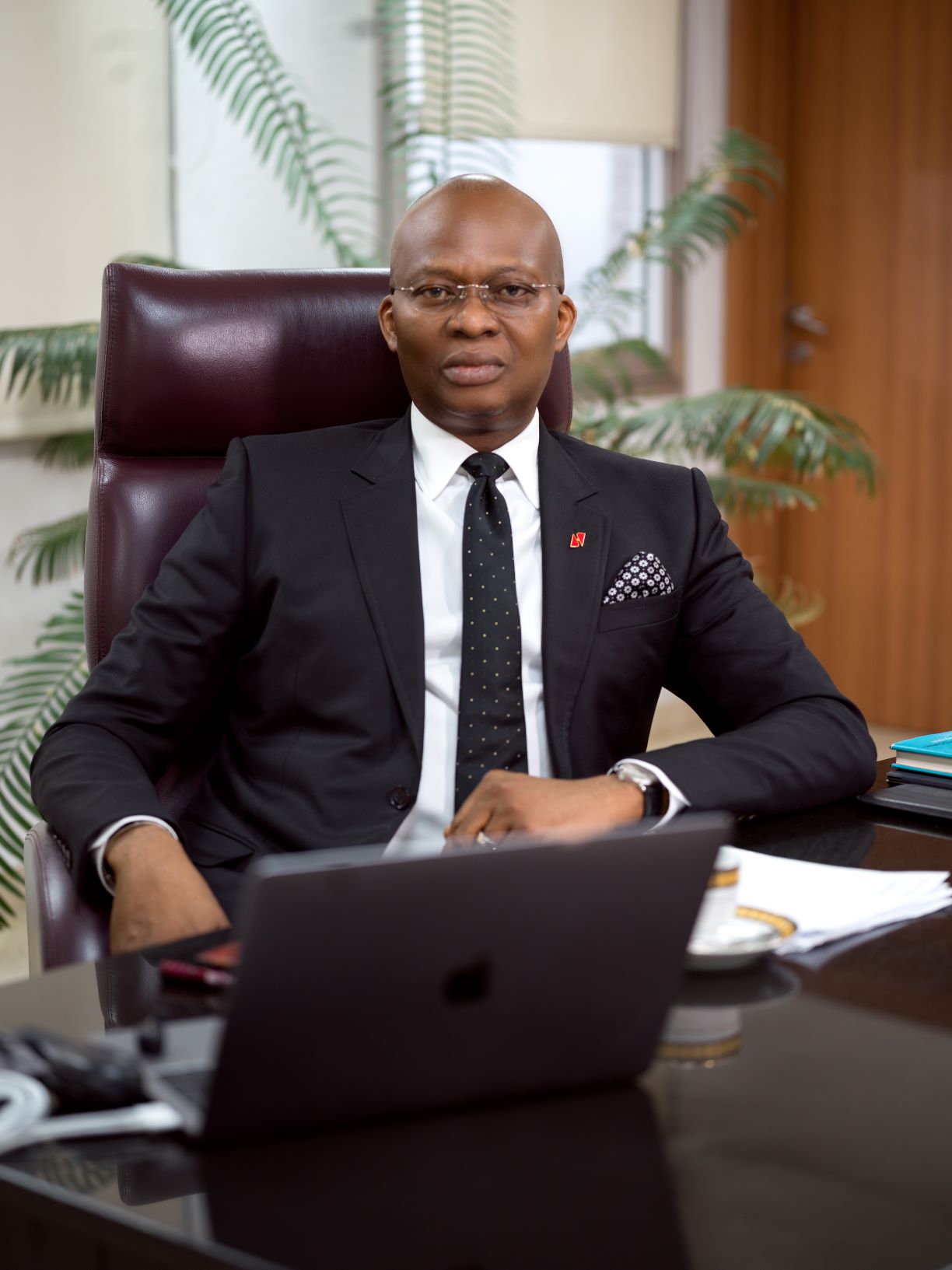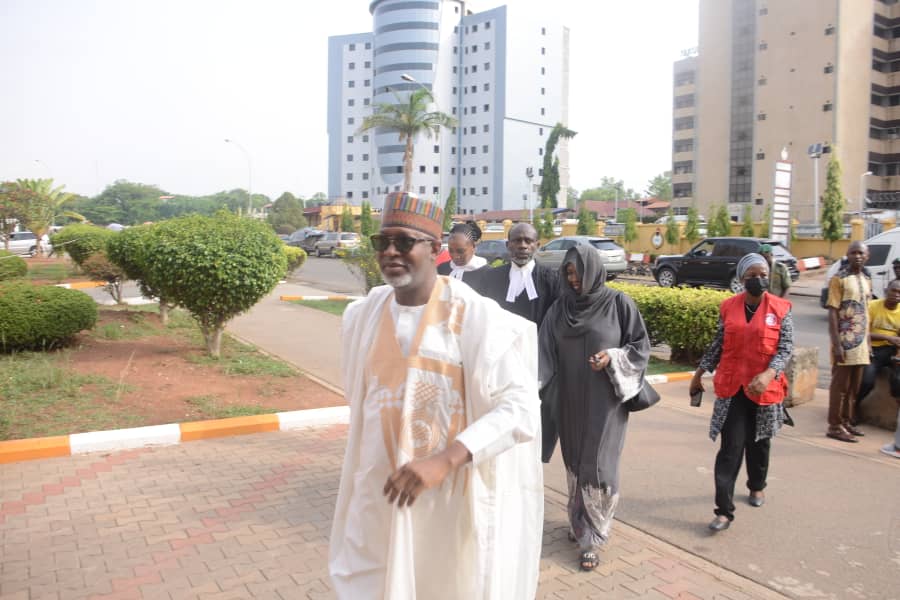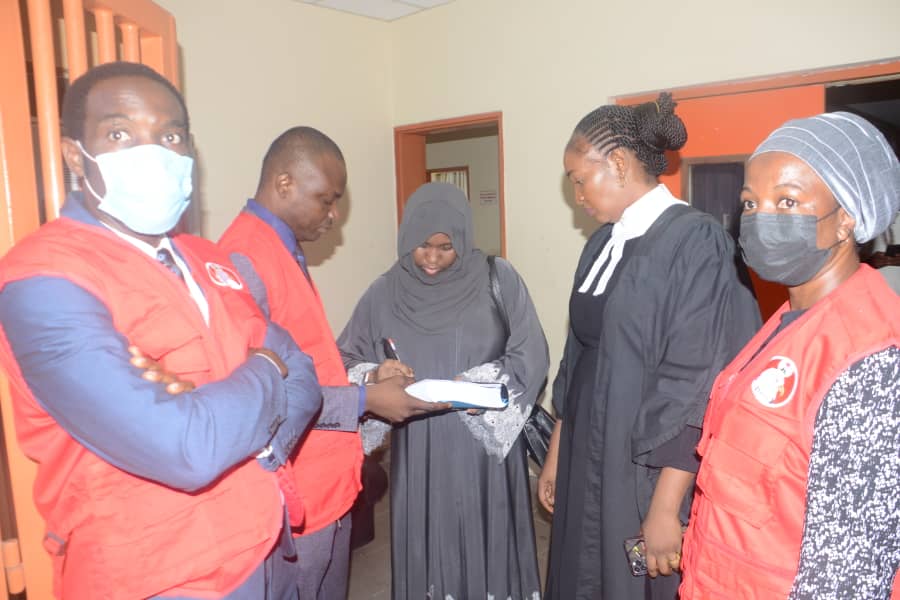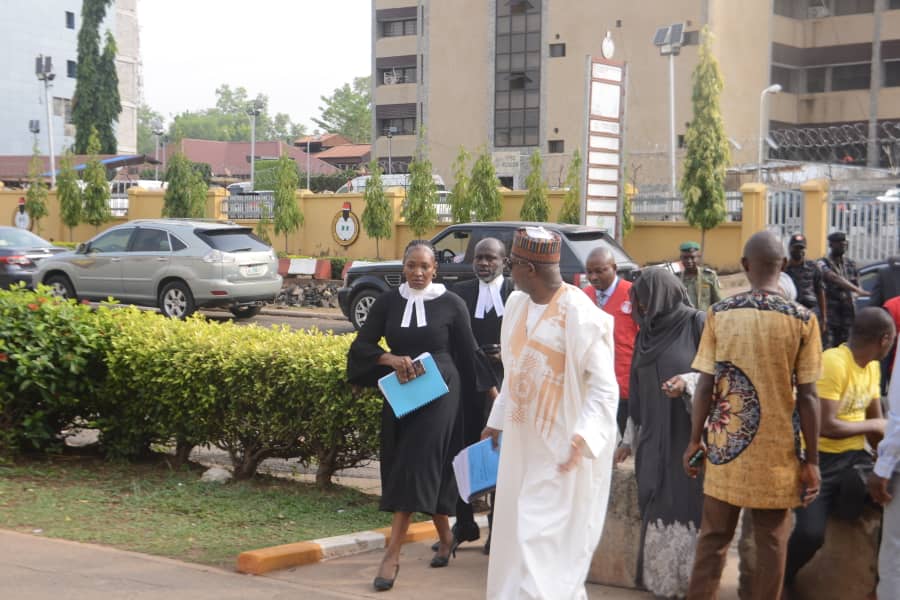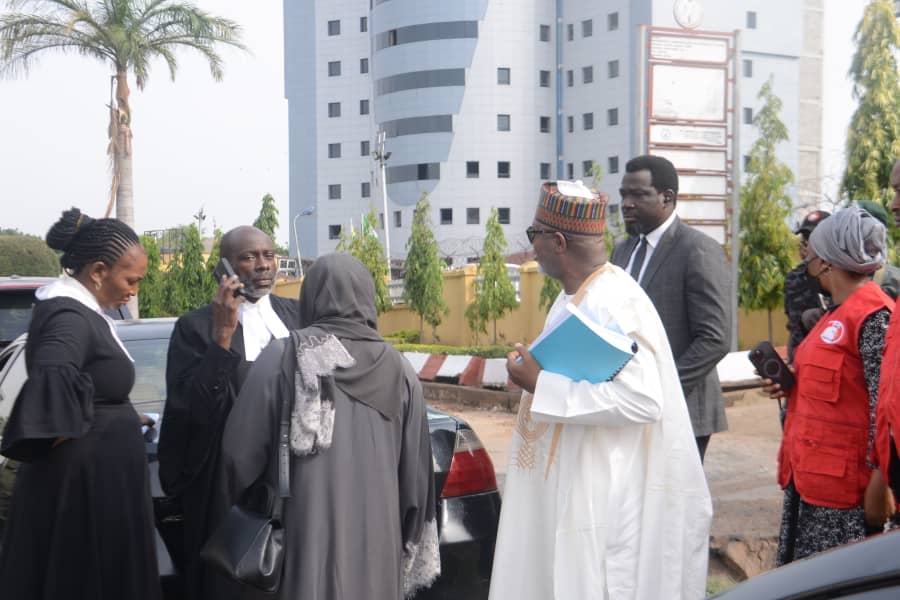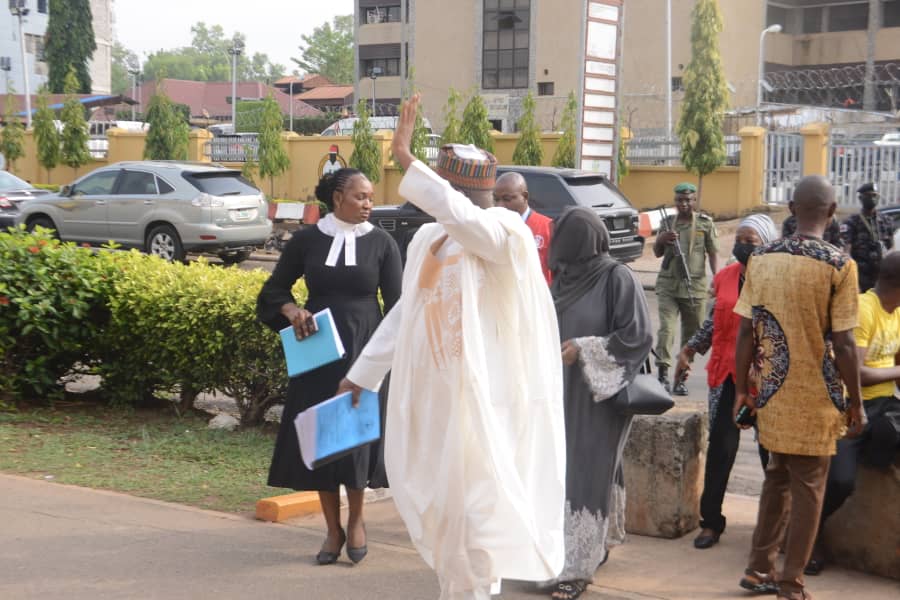The Federal Government is set to commence a fresh audit of the N2.8tn fuel subsidy claim by the Nigerian National Petroleum Company Limited.
An audit firm, KPMG had conducted an initial audit reducing the claims from N6tn to N2.7tn.
The Federal Government is also considering either engaging an external audit firm or directing the Office of the Auditor General of the Federation to verify the claims made by the corporation regarding the amount the government owes the oil firm.
The latest plan was revealed in the minutes of the Federal Account Allocation Committee meeting held in March 2024, a copy of which was obtained by our correspondent.
On May 30, 2023, a few hours after the “subsidy is gone” declaration by President Bola Tinubu, the NNPCL Group Chief Executive Officer, Mele Kyari, told State House correspondents that the federal government still owes the firm the sum of N2.8tn spent on petrol subsidy.
While saying the NNPCL footed petrol subsidy bills from its cash flow, Kyari said the government had so far been unable to pay back the N2.8tn.
He said “Since the provision of the N6tn in 2022, and N3.7tn in 2023, we have not have not received any payment whatsoever from the Federation.
“That means they (the Federal Government) are unable to pay and we’ve continued to support this subsidy from the cash flow of the NNPC. We are waiting for them to settle up to N2.8tn of NNPC’s cash flow from the subsidy regime and we can’t continue to build this.”
But giving an update on the issue during the FAAC meeting, the Minister of Finance and Chairman of the committee, Wale Edun, said Tinubu was committed to ensuring that the forensic audit of NNPC Limited was conducted and the results analysed.
NNPC’s claim
He stated that the audit would span from 2015 to 2021, aiming to verify the authenticity of NNPC/Federation Account claims on the N2.7tn.
Edun further proposed that the OAuGF be considered for the fresh audit over any other external audit, considering their expertise in auditing.
The minutes read in part, “The Chairman informed the members of Mr President’s commitment to ensuring that the forensic audit of NNPC Limited was conducted. He, however, proposed that since the Office of the Auditor-General for the Federation had expertise in the areas of auditing, the Office would be considered first before any other external audit firm. He added that where external support would be required, an independent firm could be engaged, accordingly.”
However, the suggestion was dismissed by the Ogun State Commissioner for Finance, Dapo Okubadejo, who argued that engaging an independent auditor would mitigate potential conflicts of interest during the exercise.
Other commissioners, such as Isaac Kamalu of Rivers State and Lawal A. Maikano of Niger State, contributed additional perspectives to the discussion.
Ultimately, consensus was reached to prioritise the OAuGF, with the proviso to engage an external audit firm when deemed necessary for additional support.
The minute later read in part, “The HCF, Ogun State observed that given the diverse nature and objectives of the proposed audit exercise and to prevent conflict of interest, it would be better to engage an independent auditor to conduct the exercise so that other tiers of government will benefit from that level of independence. The HCF, Niger State supported the position and stressed the need to ensure inclusiveness and objectivity in conducting the exercise. On his part, the HCF, Rivers State observed that the engagement of an independent auditor would not necessarily guarantee the success of the exercise. He, therefore, suggested the need to combine both OAuGF and external firms to ensure the success of the exercise.
Federation account
“Contributing, the Federal Commissioner, Revenue Mobilization, Allocation and Fiscal Commission/Chairman, Indices and Disbursement observed that the proposed audit was in respect of some outstanding claims which include the N6tn against NNPC Limited that was subsequently reduced to N2.7tn after initial reconciliation. He informed members that KPMG which carried out the earlier audit exercise of NNPC had looked at some of the claims and recommended further audit to resolve them.
“Concluding, the meeting agreed that OAuGF would be considered first and an external audit firm would be engaged when necessary to provide additional support.”
Efforts to reach the Chief Corporate Communications Officer, NNPC Ltd., Olufemi Soneye, for comments, proved abortive as of press time on Wednesday. He neither picked up calls made to his telephone line nor replied his WhatsApp messages.
Meanwhile, the Commissioner of Finance, Delta State, Okenmor Tilije, at the meeting, raised concerns over the alleged utilisation of multiple exchange rates by agencies of the Federal Government in the conversion of revenue inflow.
According to him, the practice affects the revenue remitted into the Federation Account.
The commissioner claimed that NNPC Limited applied three different rates to convert the revenue earnings from oil, saying this cumulated in an exchange rate differential of about N2.83tn between August 2023 and February 2024.
He highlighted the different rates including the CBN Mandated Exchange Rate of N1,185, the rate of N853 applied to Domestic Oil Payables, and the Weighted Average Rate of N714.50 on NNPC Limited Royalty and Taxes.
The minute read, “The HCF, Delta State raised concerns over the multiple exchange rate being applied by the agencies to convert the revenue inflow due to the Federation. He pointed out that NNPC Limited applied three different rates to convert the revenue earnings from oil. He observed that the sum of N2.83tn was the Exchange Rate Differentials from August 2023 to February 2024 and stressed the need to put in place a single exchange rate that would be applicable across the board.

 Society6 years ago
Society6 years ago
 Society3 years ago
Society3 years ago
 Society3 years ago
Society3 years ago
 News and Report5 years ago
News and Report5 years ago
 News and Report6 years ago
News and Report6 years ago
 News and Report5 years ago
News and Report5 years ago





